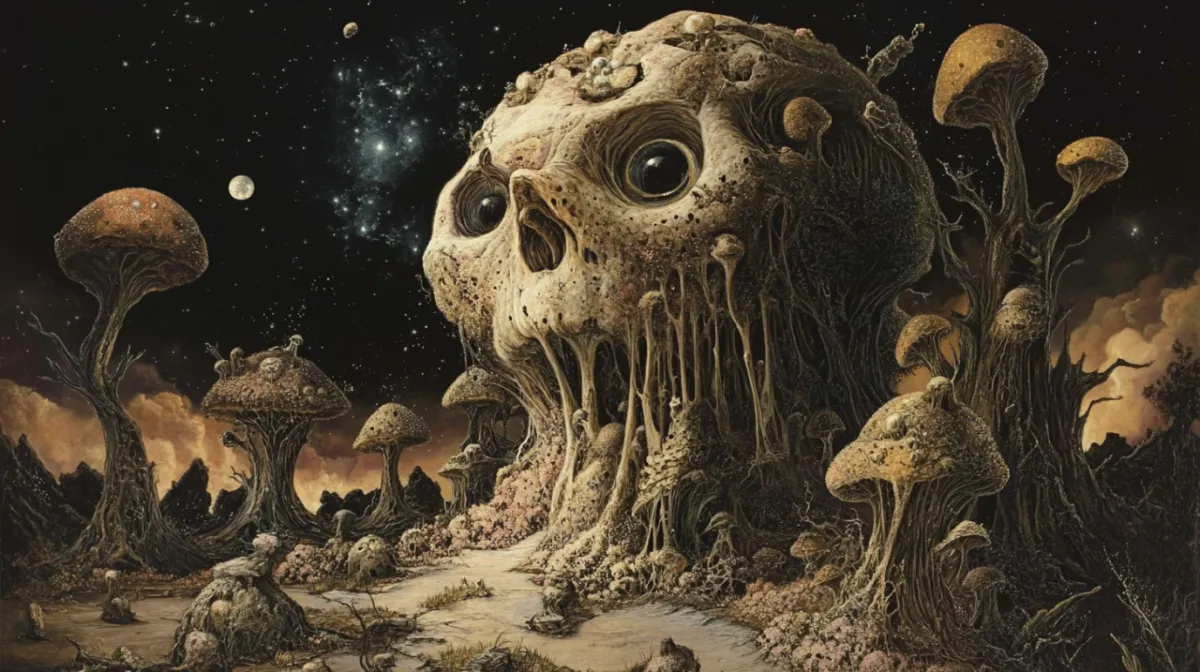Picture this: everyone at a dinner party agrees the new idea is genius. Then, out of nowhere, the Devil’s Advocate raises a hand and says, “Yeah, but what if it’s terrible? What if you embarrassed yourself and fail in front of everyone?” Silence falls. He looks around the room then asks you, "What if you forgot to carry the proverbial one?" That’s him—the hero in disguise. He’s not just playing devil’s advocate for fun; he’s your secret weapon against bad decisions. He's also the killjoy, the fly in the ointment, and a pain in the ass. He's like the sibling you didn't tell your idea to because of this response to your idea. But he has a purpose.
Historically, the role of the Devil’s Advocate was serious business, created by the Vatican in the 16th century to rigorously test whether a candidate for sainthood was truly holy. It was a tough job, meant to prevent the Church from canonizing someone just because everyone liked them. Christopher Hitchens, the atheist extraordinaire, worked in a similar role—challenging dogmas and exposing hypocrisies—before the Vatican shut down the official process of advocating for saints in 2014.
So we meet these Devil's Advocates through life, offering possible outcomes that are largely tragic. He's the Devil, it's go big or go home. But from these exchanges, you can fortify your position and be emboldened by the help he offered.
Without the Devil’s Advocate, we’re like a ship sailing blindly into a storm. He forces us to question assumptions, plans, and blind spots. If you want your ideas bulletproof, you need someone daring enough to poke holes and make you prove your point. Without him, we’re stuck in an echo chamber. Sometimes, he’s not just in the details—he’s the reason your ideas don’t totally suck.

For my articles in this series, visit or bookmark the following;

Brent Antonson: Where Extraordinary Recall Sparks Insight.







